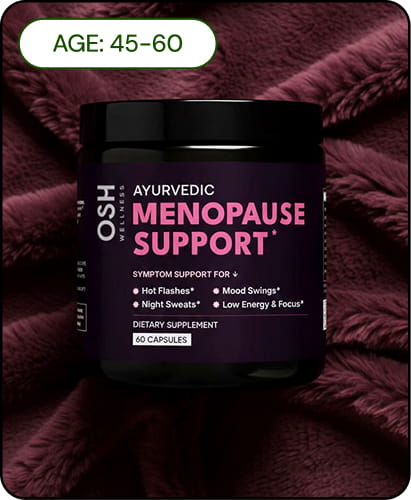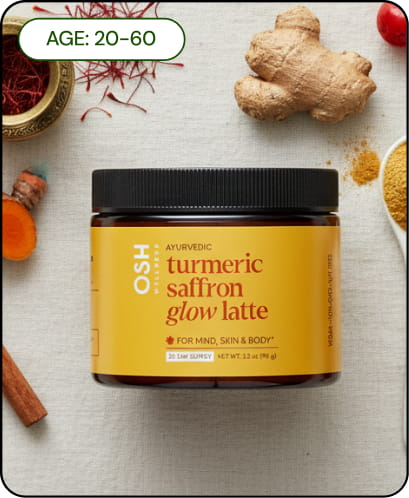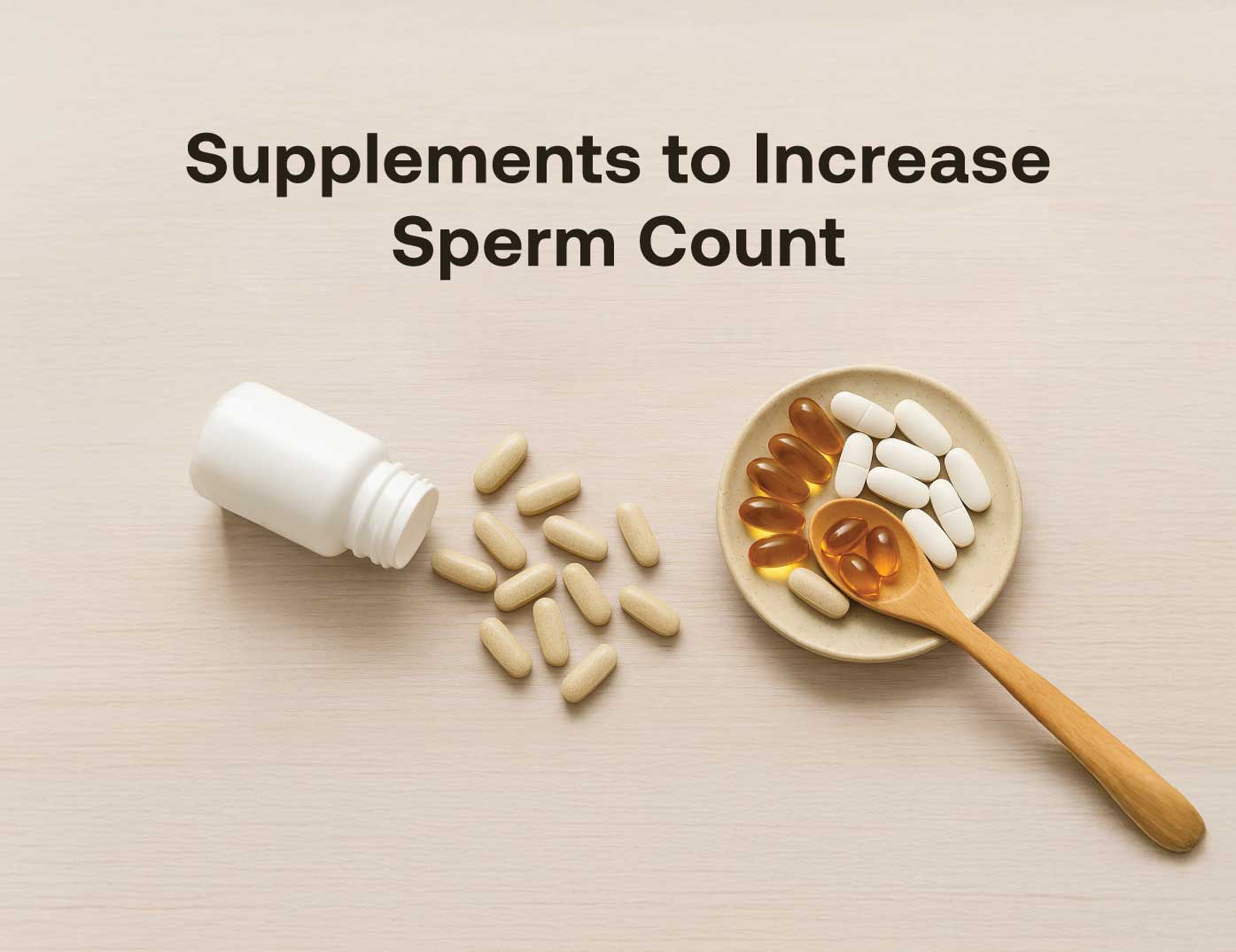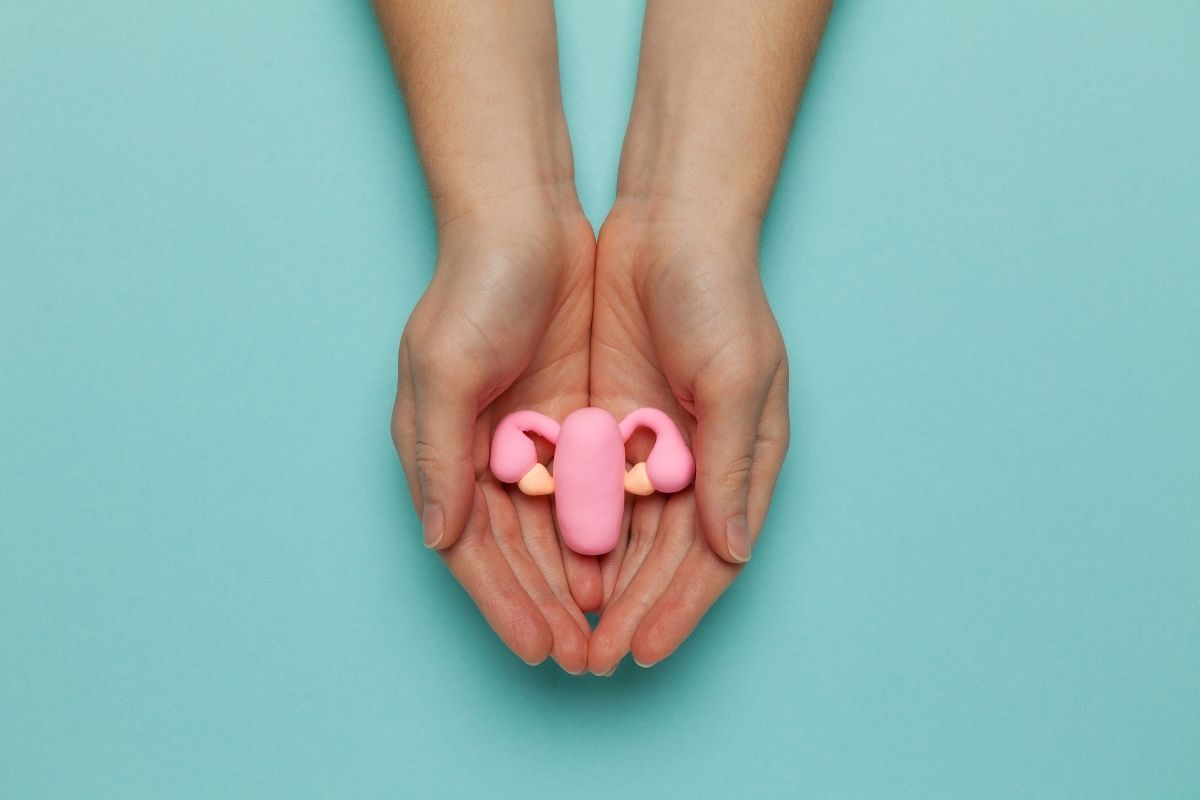Table of contents
You likely know how important supplements are to a pregnant woman's routine. A daily intake of vitamins, minerals, and herbs can help meet the nutrient demands of both her body and her baby’s. However, did you know that supplements are equally as important before pregnancy?
While no pill can magically help you become pregnant, select supplements to boost your fertility and prepare your body for a healthy pregnancy. They do this by increasing your nutrient stores, improving egg quality, balancing your reproductive system, and promoting emotional wellness. You could take a multivitamin to try and receive these benefits, but generally, a more tailored approach to supplements is best.
Both men and women can start a supplement regimen before conception. Most practitioners recommend adding these vitamins, minerals, and herbs to your diet two to three months before getting pregnant. What supplements help with fertility and conception?
Let’s dive in!
The Best Fertility Supplements for Women
Folic Acid or Vitamin B9
While it is best to get folate (or naturally occurring Vitamin B9) from whole foods, this doesn’t always happen. Folic Acid is the synthesized form of folate. It is commonly found as a supplement and in fortified foods. Most women have heard of folic acid and its role in preventing heart defects, neural tube defects, and cleft palate during pregnancy. Because these defects can occur very shortly after conception, the American Pregnancy Association recommends that all women of childbearing age take folic acid.
However, this supplement may also increase your chances of becoming pregnant! A couple of studies have shown that it has an effect on ovulatory function and led to higher pregnancy rates. For both of these reasons, folic acid makes a great addition to your preconception routine.
Vitamin D
It’s no secret that the ideal way to get vitamin D is from sunlight. However, that isn’t great news for those trying to get pregnant in the dark winter months. Due to our largely indoor lifestyles, many of us are deficient in vitamin D. Vitamin D plays a large role in hormone production and regulation. Healthy hormones depend on vitamin D, and the ability to conceive depends on healthy hormones. One study found that decreased levels of vitamin D may be associated with reduced fertility.
Like folic acid, vitamin D is also important for the development of the baby during pregnancy as well as the health of the mother. It certainly doesn’t hurt to add this supplement to your diet well in advance of pregnancy.
Ashwagandha
Ashwagandha may be a trending supplement, but it has been used in Ayurveda for centuries. Ayurvedic practitioners understood how this powerful herb affects fertility. An adaptogen, it is effective at helping your body manage the effects of oxidative stress. It is praised for its calming properties, and less stress can often mean increased fertility.
In addition, it is believed to increase blood flow and regulate a woman’s menstrual cycles, both ideal characteristics for those trying to conceive. Taking ashwagandha as a supplement, drinking it as a tonic, or adding it to a massage oil can all have positive effects on the female reproductive system.

Shatavari
Shatavari is another ancient herb gaining popularity in the 21st century. Shatavari too is an adaptogen. Aside from reducing stress, it has been shown to have a positive effect on immunity and fertility. It is used as a uterine tonic, nourishing and strengthening the tissues of the uterus as well as assisting in regulating menstruation. A known aphrodisiac, it can increase libido, which certainly doesn’t hurt!
Selenium
Selenium has a variety of benefits for the average person, like regulating thyroid gland function, protecting against free radical damage, and assisting with DNA production. However, for those trying to conceive, it’s selenium's effect on reproduction that is most beneficial.
Selenium may boost the health of your ovarian follicles, which are responsible for developing and releasing eggs. As an antioxidant, it can decrease your risk of birth defects and miscarriage.
Chaste Tree Berry
Chaste tree berry, sometimes referred to as Vitex, is a popular herbal supplement in Western medicine. Clinical studies have shown that it lengthens a woman’s luteal phase, the part of your cycle in which your uterus thickens for implantation after ovulation. This is a result of its positive effect on prolactin levels and its ability to balance your body’s hormones.
It is recommended that chaste tree berry be taken for at least three menstrual cycles before its efficacy can be determined. When combined with other herbs, it can play a big role in inducing ovulation and promoting conception.
Zinc
Zinc plays a part in egg health and quality, which is why it is an important fertility supplement. One study found that zinc helps to regulate egg development, while another study showed that women who were zinc deficient took longer, on average, to become pregnant. Once a woman conceived, zinc went on to be a factor in DNA development, cell division, and embryo development.
COQ10
Though our body is capable of producing this supplement on its own, boosting your intake might increase your chances of conceiving. A study on women undergoing IVF found that adding the enzyme to their diet improved their ovarian response. It possesses antioxidant properties too. Eggs are susceptible to damaging oxidative stress, and as an antioxidant, COQ10 helps prevent these negative effects, overall increasing a woman’s egg quality.
Vitamin E
While we commonly think of Vitamin E for skin health, it is also wonderful for the reproductive system. Vitamin E is an antioxidant, that’s why it is used for skin health. Those same properties can support reproductive health too! Women taking vitamin E may experience increased cervical mucus, which makes a friendly environment for sperm and can help them stay alive longer in the uterus. Vitamin E is best taken as part of a supplement formula or multivitamin.
Are These Supplements Effective for Male Fertility?
Absolutely! Many of these supplements play a positive role in male fertility. CoQ10 for example has been found to increase sperm quantity and motility. As with females, herbs with antioxidant properties, like Shatavari and vitamin E, assist with preventing DNA damage and birth defects. But studies have also shown that they may improve sperm composition. A fertility supplement should be added to a man’s daily regime two to three months prior to conception to encourage hormone balance and a good supply of high-quality sperm.
The Bottom Line
A healthy pregnancy starts with a healthy egg and sperm. Adding supplements to your diet before you get pregnant may not only shorten the time it takes you to conceive, but also set you up for the healthiest pregnancy possible!








